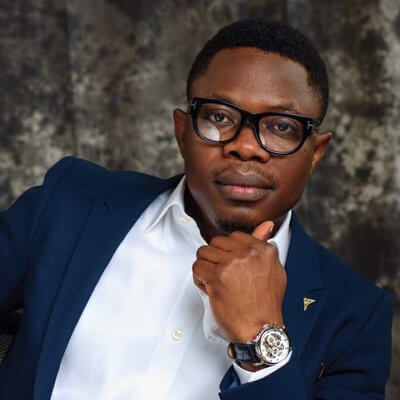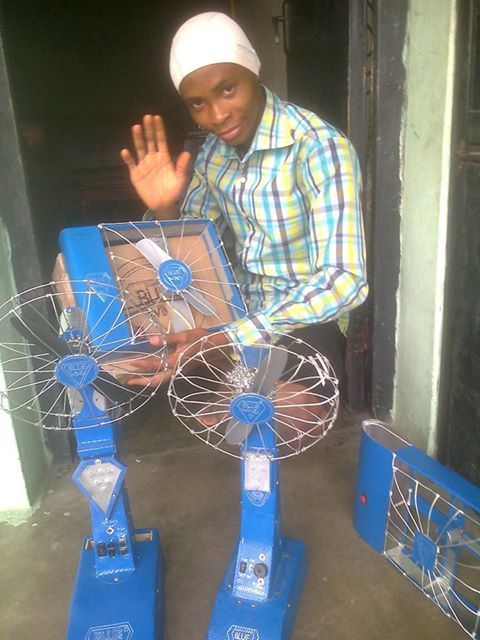Elon Musk was born on June 28, 1971, in Pretoria, Transvaal, South Africa, the son of Maye Musk , a model and dietitian from Regina, Saskatchewan, Canada, and Errol Musk, a South African electromechanical engineer, pilot, and sailor.
After his parents divorced in 1980, Musk lived mostly with his father in the suburbs of Pretoria, which Musk chose two years after his parents split up, but now says was “not a good idea”.
During his childhood, Musk was an avid reader (so eager/enthusiastic about reading).
At age 10, he developed an interest in computing with the Commodore VIC-20.
He taught himself computer programming at the age of 12, sold the code of a BASIC-based video game he created called Blastar, to a magazine called PC and Office Technology, for approximately $500.
His childhood reading included Isaac Asimov’s Foundation series from which he drew the lesson that;
“you should try to take the set of actions that are likely to prolong civilization, minimize the probability of a dark age and reduce the length of a dark age if there is one.”
Musk was severely bullied throughout his childhood and was once hospitalized when a group of boys threw him down a flight of stairs and then beat him until he lost consciousness.
After leaving Pennsylvania, he headed to Stanford University in California to pursue a PhD in energy physics.
However, his move was timed perfectly with the Internet boom, and he dropped out of Stanford after just two days to become a part of it, launching his first company, Zip2 Corporation.
In 1995, Musk and his brother, Kimbal, started Zip2, a web software company, with money raised from a small group of angel investors.
The company developed and marketed an Internet “city guide” for the newspaper publishing industry.
Musk obtained contracts with The New York Times and the Chicago Tribune and persuaded the board of directors to abandon plans for a merger with CitySearch.
While at Zip2, Musk wanted to become CEO; however, none of the board members allowed it.
Compaq acquired Zip2 for US$307 million in cash and US$34 million in stock options in February 1999.
Musk received US$22 million for his 7 percent share from the sale.
In March 1999, Musk co-founded X.com, an online financial services and e-mail payment company, with US$10 million from the sale of Zip2.
One year later, the company merged with Confinity, which had a money-transfer service called PayPal.
The merged company focused on the PayPal service and was renamed PayPal in 2001.
PayPal’s early growth was driven mainly by a viral marketing campaign where new customers were recruited when they received money through the service.
Musk was ousted in October 2000 from his role as CEO (although he remained on the board) due to disagreements with other company leadership, notably over his desire to move PayPal’s Unix-based infrastructure to Microsoft Windows.
In May 2002, Musk founded SpaceX, an aerospace manufacturer and space transport services company, of which he is CEO and lead designer.
He co-founded Tesla, Inc., an electric vehicle and solar panel manufacturer, in 2003, and operates as its CEO and product architect.
In 2006, he inspired the creation of SolarCity, a solar energy services company that is now a subsidiary of Tesla, and operates as its chairperson.
In addition to his primary business pursuits, Musk has envisioned a high-speed transportation system known as the Hyperloop, and has proposed a vertical take-off and landing supersonic jet electric aircraft with electric fan propulsion, known as the Musk electric jet.
Musk has stated that the goals of SpaceX, Tesla, and SolarCity revolve around his vision to change the world and humanity.
His goals include reducing global warming through sustainable energy production and consumption and reducing the “risk of human extinction” by establishing a human colony on Mars.
This is nothing short of exceptional. I mean, this man was bullied, parents divorced, faced several challenges and still turned out great.
Some of Elon Musk’s quotes:
“When something is important enough, you do it even if the odds are not in your favor.”
“Persistence is very important. You should not give up unless you are forced to give up.”
“I think it is possible for ordinary people to choose to be extraordinary.”
“I could either watch it happen or be a part of it.”
Who said you cannot be like him or be better? Tell the person to keep track of time ‘cos you’re going to start your race.


